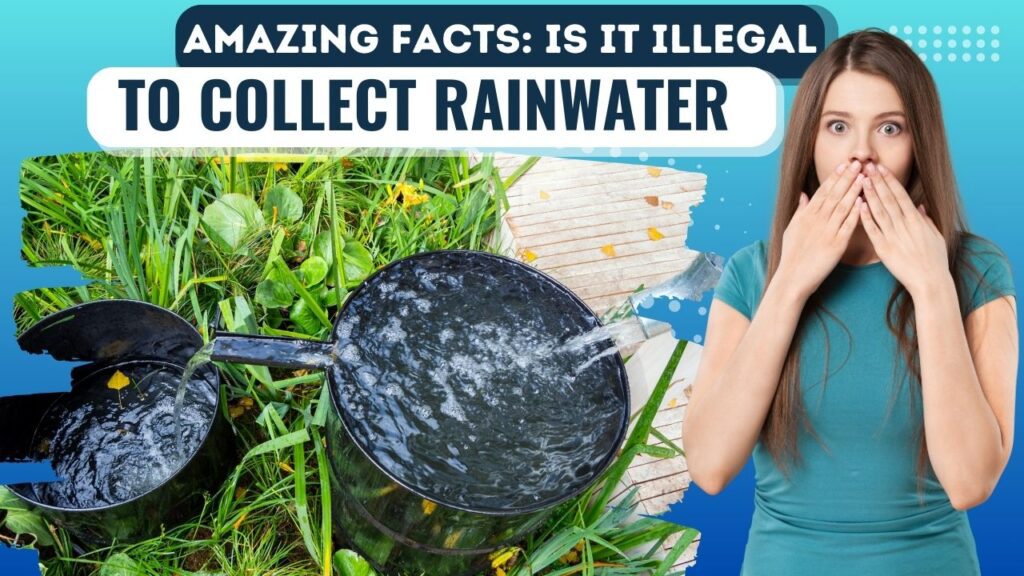
Discover the truth about rainwater collection. Explore 10 crucial facts on the legality of collecting rainwater. Get informed today.
Introduction
Rainwater, which is the purest water, has always been interesting to many people. But people often ask: Is it against the law to collect rainwater?
In this in-depth article, we’ll look into this interesting topic and tell you 10 surprising facts that you should know. Read on if you’re a curious homeowner or an environmentalist who wants to know what the law says about collecting rainwater.
The Legality of Rainwater Collection
You may also like: Best Cruises for Families: 10 Must-Know Facts for Smooth Sailing
Understanding the Legal Framework
To know if collecting rainwater is legal, you have to understand the laws that apply to it. Laws about collecting rainwater vary from country to country and from state to state. In some places, people are encouraged to collect rainwater, while in others, it might be against the law.
State Regulations to collect rainwater
Many laws in the United States allow people to collect rainwater for their own use. But the rules can be hard to understand and must be followed to the letter. To stay out of trouble with the law, you need to know what the rules are in your state.
International Perspectives
Outside of the U.S., laws about collecting rainwater are very different. Some countries support it as a way to use water in a sustainable way, while others have strict rules because they are worried about water rights and usage.
The Environmental Benefits

Rainwater collection isn’t just about whether or not it’s legal; it’s also about how it affects the environment.
Water Conservation
By collecting rainwater, you use less treated water from the city and save this valuable resource. It’s a way to help save water that doesn’t hurt the environment.
Reduced Runoff
Rainwater harvesting can help stop flooding and soil erosion caused by too much runoff when it rains a lot. It helps people take care of the land better and protects ecosystems.
You may also like: Top 10 Mind-Blowing Facts About Handsome Squidward
Common Misconceptions
Myth: Rainwater Collection Is Always Illegal
Rainwater collection isn’t always illegal, despite what most people think. As was already said, it depends on where you live and if you follow the rules there.
Myth: Rainwater Is Unsafe for Consumption
Rainwater is safe to use for things other than drinking if it is collected and stored properly. But it may need to be treated before it can be drunk.
Legal Challenges

Water Rights
In some places, it can be hard to agree on who has the right to water. Water rights may be violated if you collect rainwater, which could lead to a legal dispute.
Riparian Rights vs. Prior Appropriation
It is important to know the difference between riparian rights and prior appropriation if you want to collect rainwater legally.
Conclusion
In conclusion, it depends on where you live and how well you follow the rules as to whether or not you can collect rainwater. When it comes to collecting rainwater, it’s important to know the laws in your area and make choices that are good for the environment. You can get the most out of this sustainable practise if you know how the law works, debunk common myths, and focus on the environmental benefits.
Few More Queries
- Can I drink rainwater?
Yes, but it requires proper treatment and filtration to meet safe drinking standards.
- How can I check my local rainwater collection laws?
Consult your local government or environmental agency for specific regulations in your area.
- Is it illegal to sell collected rainwater?
Selling collected rainwater may be subject to additional regulations and taxes; check with local authorities.



